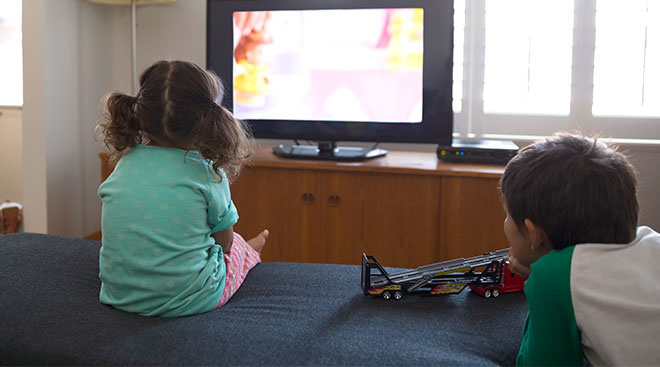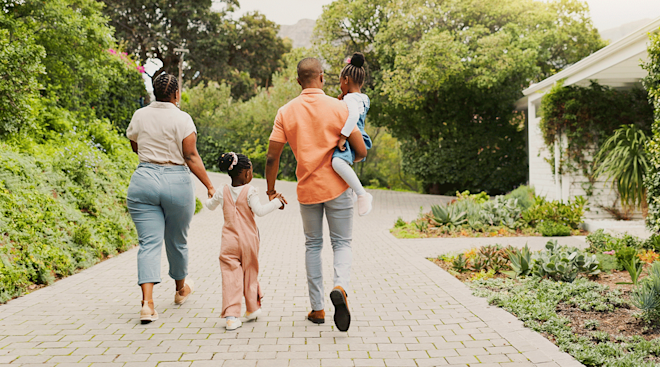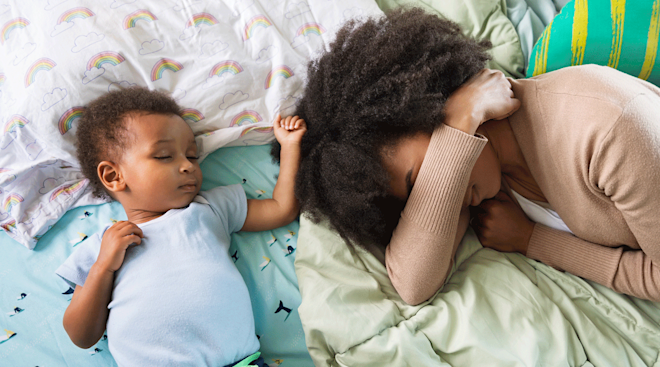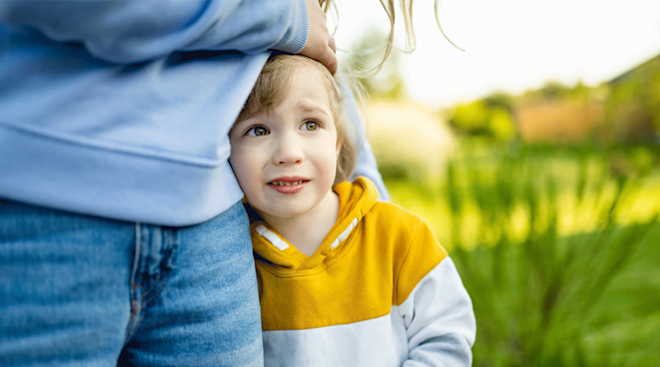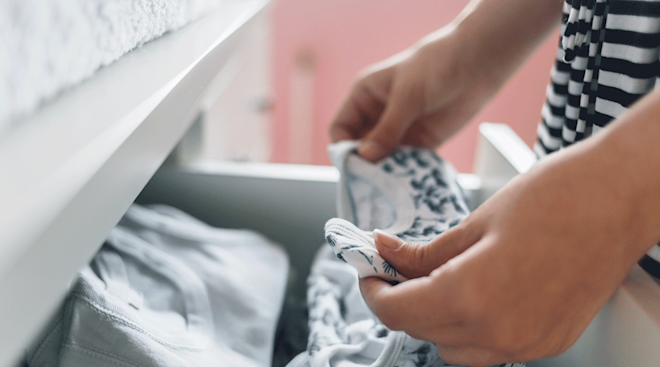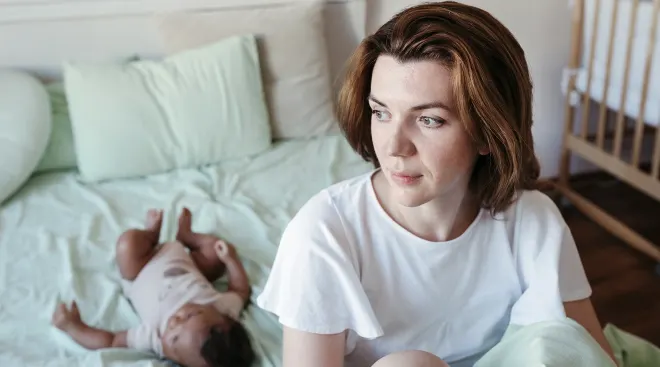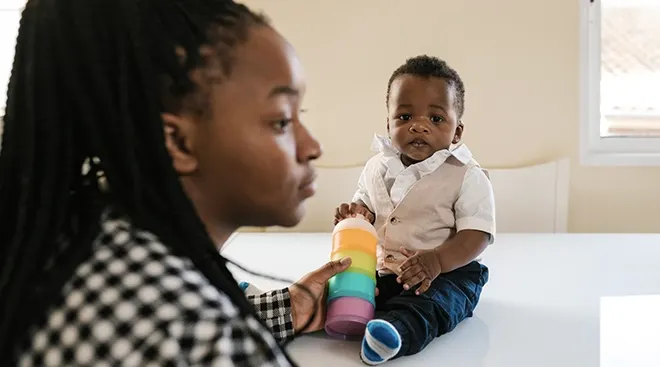Parents Less Likely to Enforce Screen Time When Stressed, Study Says
The pandemic has put strain on families all over the world in more ways than one. It’s no surprise that parents have revised their previous rules to maintain a happy quarantine life—including screen time. Now, a new study is pointing that these rules are, unsurprisingly, thrown out more frequently when parents face increased stress.
The study, conducted by University of Guelph in Ontario, Canada and published in the Journal of Children and Media, found that parents with young children and higher levels of life or parenting stress were less likely to monitor and limit their children’s screen use. Plus, they were more likely to use their own devices in front of their kids.
The study surveyed 64 parents from 39 families that had kids ranging in age from 18 months to 5 years. Researchers asked the parents about their stress, whether they monitored and/or limited their children’s screen usage and whether they monitored/limited their own screen use in front of their kids.
“With this study, we wanted to understand the implications of parental stress on media parenting practices. We found parenting stress does indeed affect how parents manage screen time but influenced mothers and fathers differently,” lead author of the study Lisa Tang, a PhD student in the Department of Family Relations and Applied Nutrition, said in a news release. According to her, previous research has shown that parents frequently influence the amount of time their kids spend on screens.
The study found that moms who were stressed were more likely to say they used devices in front of their kids and less likely to monitor the use. Meanwhile, the fathers who experienced high stress were more likely to limit their kids’ screen use.
“Parents do seem to say they use their screens more when they are under stress, perhaps as an escape,” Tang said. “This is an important finding because research has shown that when parents use screens in front of their preschool-aged children, it is associated with those children having greater levels of screen time.”
One surprising finding? Higher household chaos, which is a stress level that assesses commotion and noisiness in the home, was linked to more screen time monitoring by both parents. The researchers believe that the higher levels of household chaos could be attributed to children not being on screens and more involved in household activities.
Of course, the purpose of the study isn’t to make parents feel bad or guilty about screen use. “There’s nothing wrong with using screens now and again. We are all doing the best we can, especially now, and parents of children under five need to allow themselves a break,” professor Jess Haines and co-author of the study, said in the release. “This is really about excess screen time. It’s about making parents conscious of their practices and balancing active play with screen time, and modelling that behaviour.”
Please note: The Bump and the materials and information it contains are not intended to, and do not constitute, medical or other health advice or diagnosis and should not be used as such. You should always consult with a qualified physician or health professional about your specific circumstances.
Navigate forward to interact with the calendar and select a date. Press the question mark key to get the keyboard shortcuts for changing dates.

































